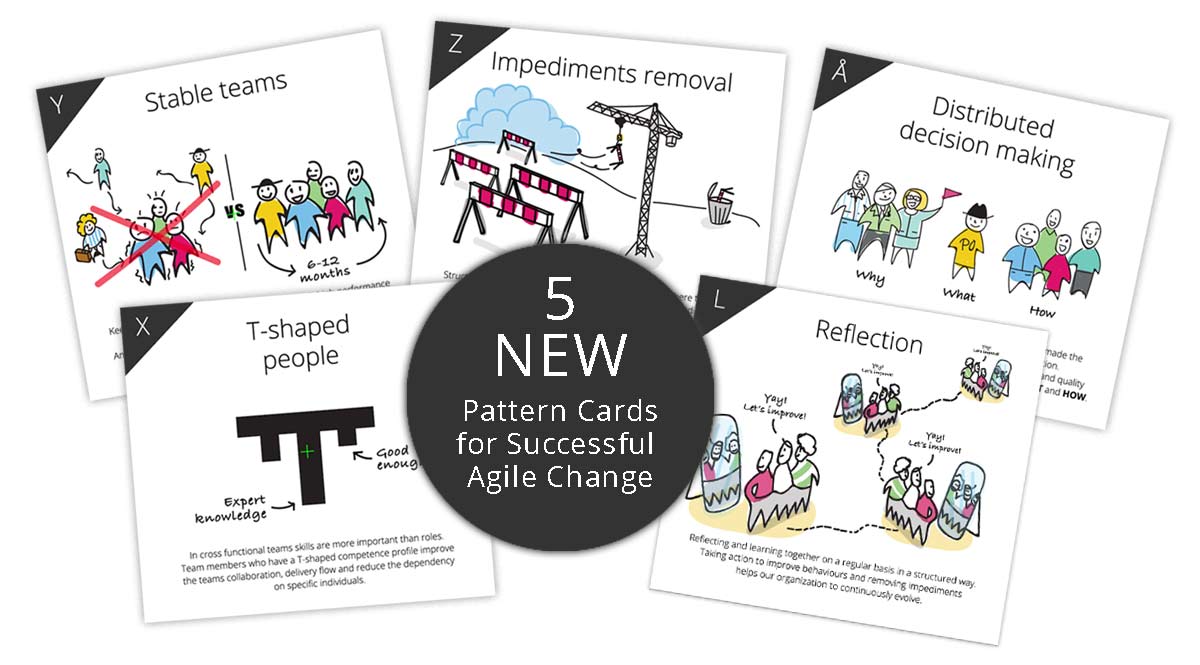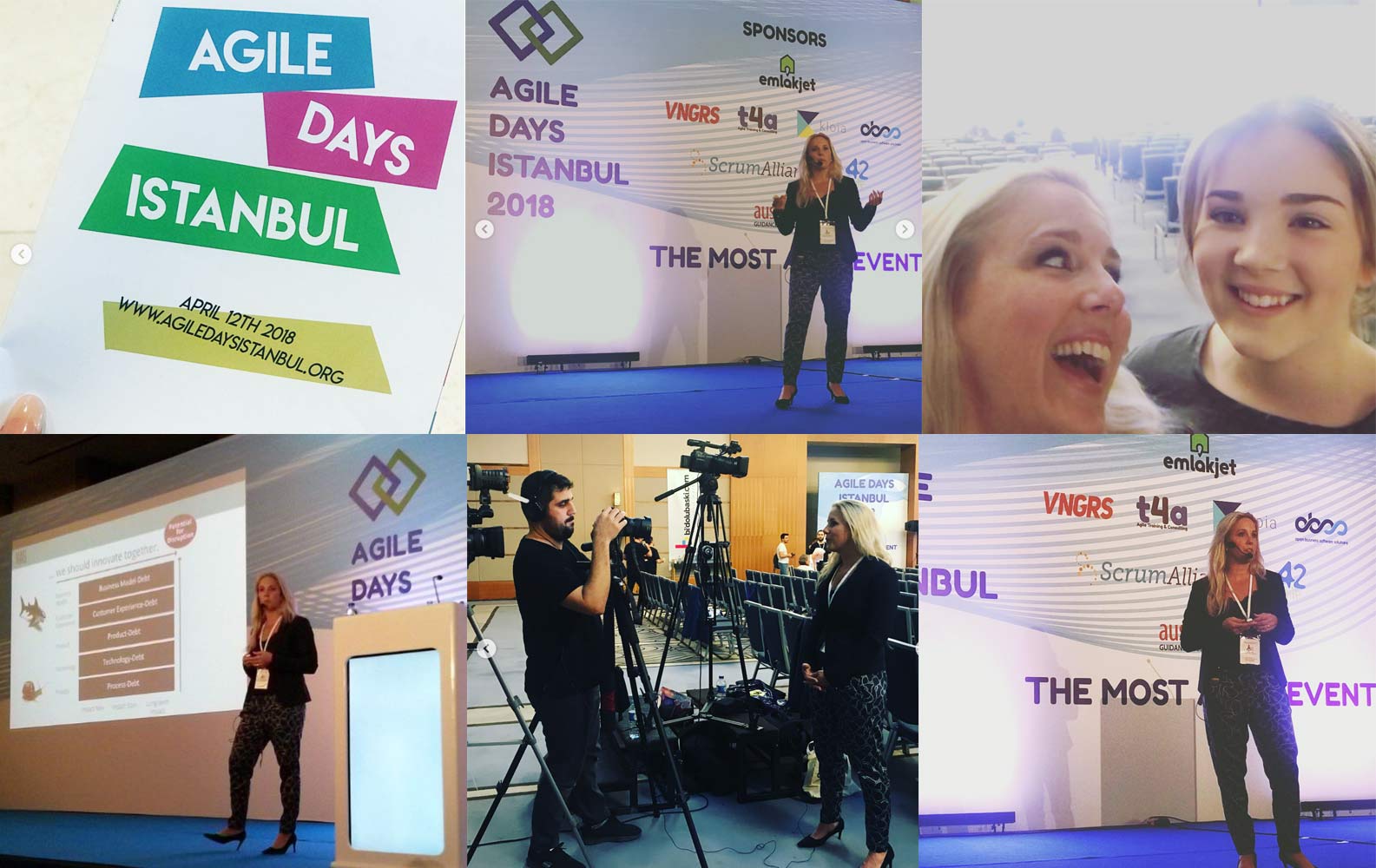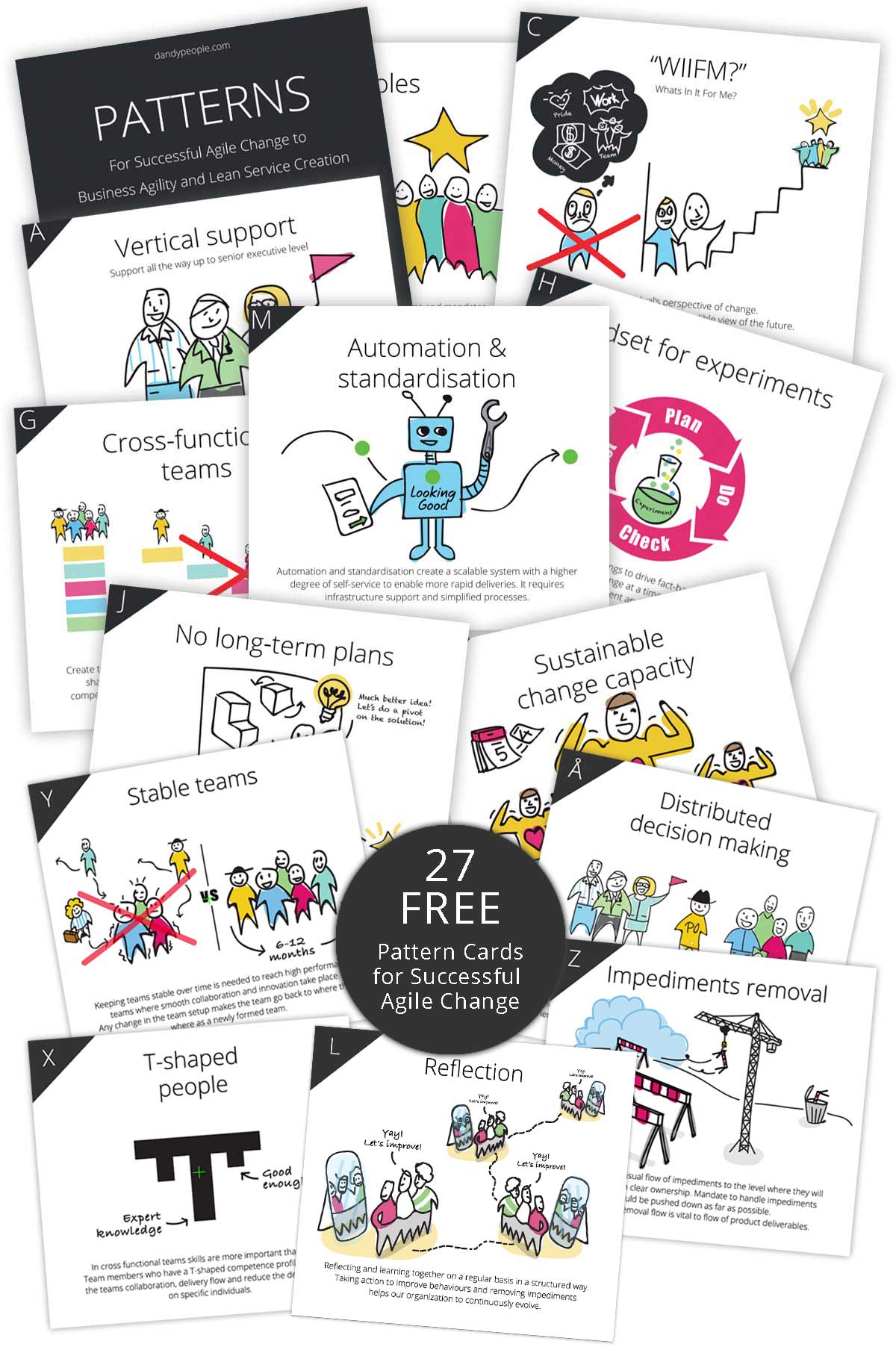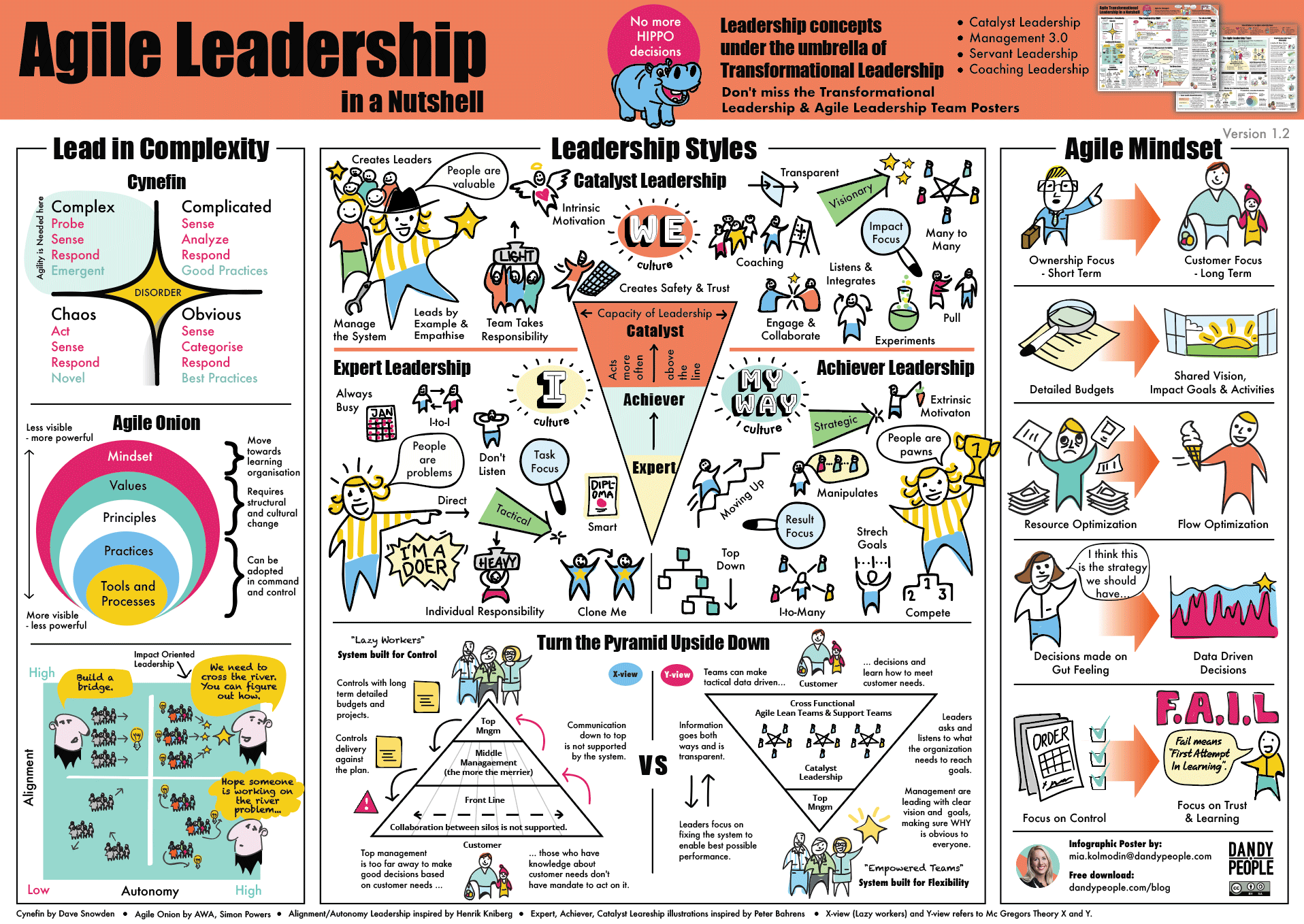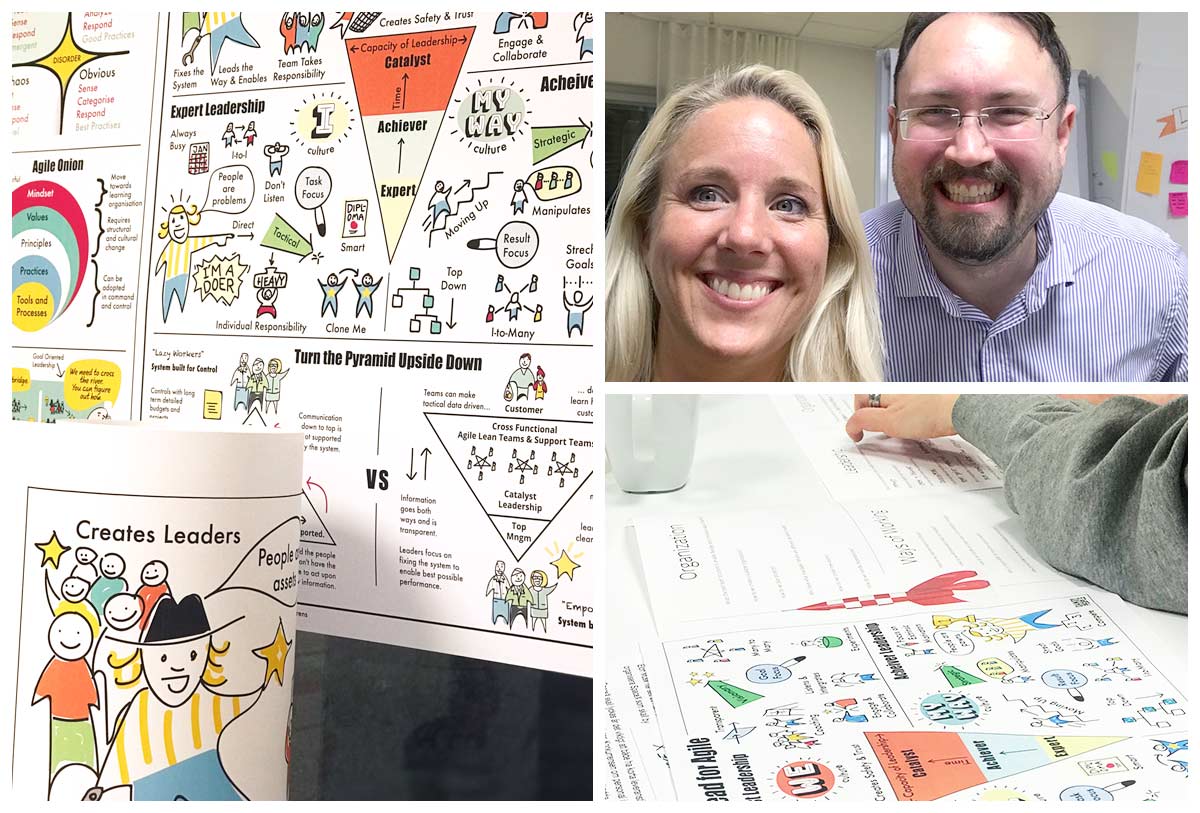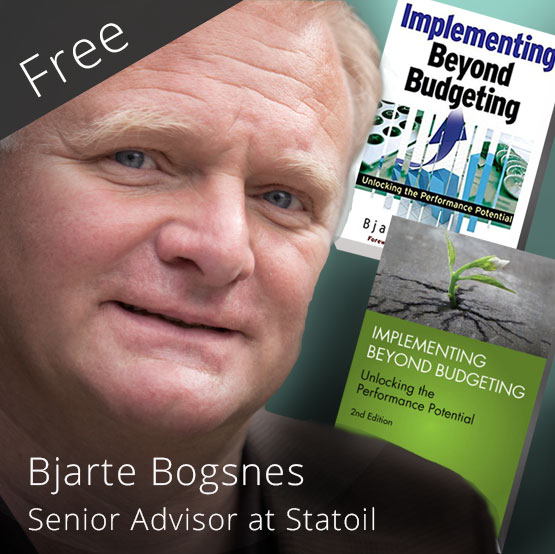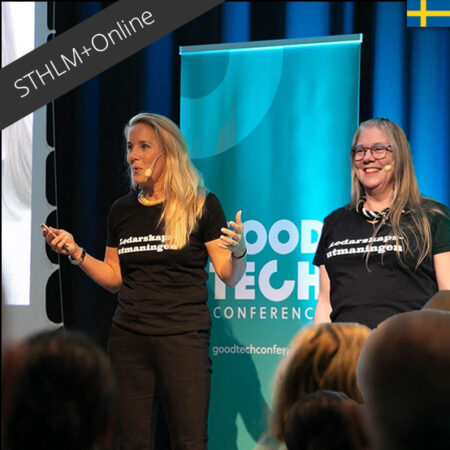When the pace has been picked up and everyday life spins at its highest pace the increase of sick leave caused by stress will increase. And those affected are your most valuable loyal employees that turn themselves inside out to deliver at work and in their private lives.
Sick leave due to stress of unhealthy work environments has increased to the double in the past ten years and is now the most common reason for sick leave in Sweden, and women are overrepresented in the statistics.
Facts from Försäkringskassan:
- Sick leave due to stress has increased by 359% in the years 2010-2017
- 25% of those that have been burned out is at risk of relapse, which means that 1 in 4 people fall back into sick leave
- 10% of elite athletes are on sick leave due to stress
- Stress-related illness costs Sweden 70 billion in socio-economic losses every year
Video can be found here. (In swedish)
Once a person has been burned out, it can take up to 10 years to recover, it is one of the longest recovery periods, even longer than some cancer diagnoses. Therefore, it is extremely important to detect and slow down this development in time. As a fellow human being and as a leader, it is important that you see signs of unhealthy stress.
These are some examples of signs of unhealthy stress.
Aggressive tone and behavior
Aggressiveness and short tone are signs that the brain has turned on its flight and fight behavior, to protect against dangers, and should be taken seriously. Sit down in a quiet room alone with the person and describe how you experience their behavior, without judging it, and then ask how the person is feeling.
Sleep problems
If a person repeatedly shares that they have slept poorly, have difficulty falling asleep or wake up very early in the morning and cannot fall back asleep, these are signs that the stress has gone way to far. When a person doesn’t sleep, it means our natural recovery system has stopped working.
Stomach problems, weight gain or weight loss
When flight and figh behavior is activated, several of our physical functions are turned off. Including the stomach and metabolism. If a person complains of stomach problems or has increased or decreased weight quickly, it may be due to prolonged stress.
Concentration problems
Just like above, the brain’s capacity will be gradually reduced. One behavior that can be noticed is if someone starts to forget about meetings, tasks or doesn’t contribute in the same way as before.

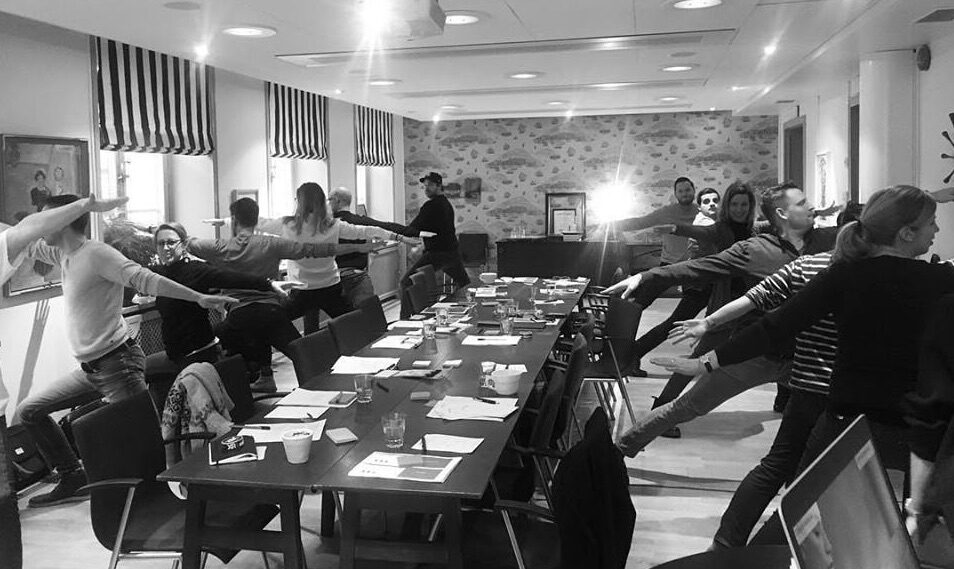

 Les équipes multidisciplinaires sont des équipes avec toutes les expertises néecessaires pour créer un produit et le mettre en production. Cependant, il ne suffit pas de rassembler un groupe de personnes différentes et de s’attendre à ce qu’elles agissent en équipe. Ce jeu essaie de montrer les conséquences du maintien d’une expertise et d’un rôle unique par les membres d’une équipe.
Les équipes multidisciplinaires sont des équipes avec toutes les expertises néecessaires pour créer un produit et le mettre en production. Cependant, il ne suffit pas de rassembler un groupe de personnes différentes et de s’attendre à ce qu’elles agissent en équipe. Ce jeu essaie de montrer les conséquences du maintien d’une expertise et d’un rôle unique par les membres d’une équipe.
